Health And Medicine
-
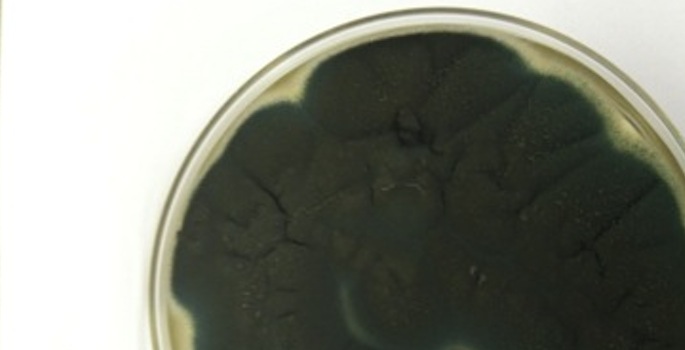
The Tennessean: Vanderbilt team details TN meningitis death
The New England Journal of Medicine has published a detailed account by April Pettit and colleagues at Vanderbilt University describing one man’s rapid deterioration after receiving a tainted steroid injection for back pain from the New England Compounding Center in Framingham, Mass. Read MoreOct 22, 2012
-

More gene links to breast cancer risk
Two newly identified gene variants linked to breast cancer may aid in predicting disease risk and targeting screening and prevention strategies. Read MoreOct 19, 2012
-
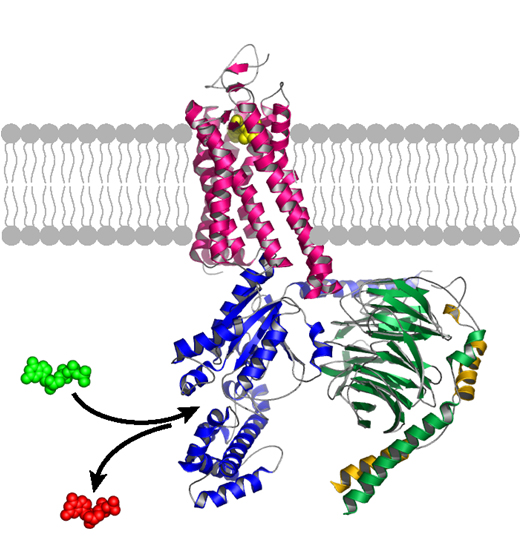
Nobel in Chemistry reveals VU ties that bind
Several Vanderbilt researchers have collaborated with this year's Nobel Chemistry winners. Read MoreOct 18, 2012
-

Improved patient ‘handover’ process bolsters outcomes
Patient handovers matter. A lot. That’s the conclusion from Vanderbilt researchers who reviewed three years of patient data and found that major complications occurring within 24 hours after cardiac surgery were cut in half following the adoption of an improved handover process. Read MoreOct 18, 2012
-

Gene regulation found to play role in pulmonary hypertension
New findings from Vanderbilt researchers may explain why only some individuals who have inherited mutations that increase risk for pulmonary hypertension actually develop the disease. Read MoreOct 18, 2012
-

Setting traps to probe gene function
A new method for creating genetic mutations that can be activated at certain times or in specific tissues will enable studies to probe gene function. Read MoreOct 18, 2012
-
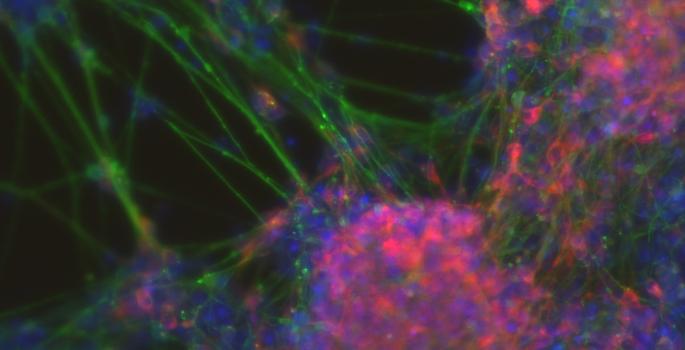
VU scientists cheer Nobel Prize for stem cell research
Vanderbilt University scientists are cheering this year’s Nobel Prize in Medicine for recognizing the discovery that mature cells can be “reprogrammed” into other cell types — a finding which they said has electrified their work. Read MoreOct 11, 2012
-

Pneumonia vaccine for children to be tested in older adults
Vanderbilt is taking part in a national study to test in older adults the use of a vaccine designed to protect children against a common cause of pneumonia. Read MoreOct 11, 2012
-
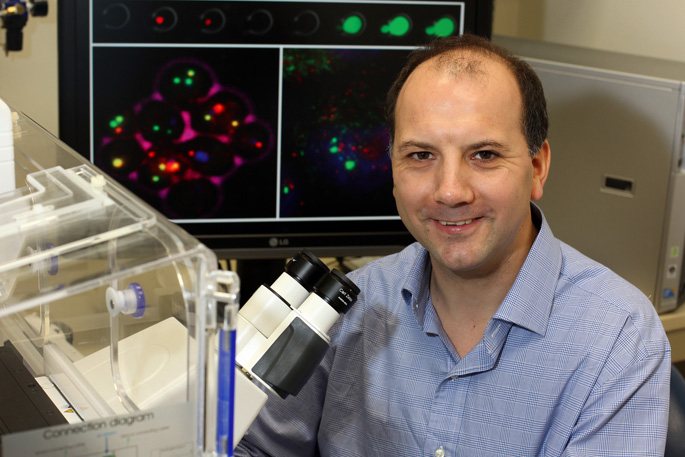
VU recruit’s work lights up genetic ‘dark matter’
They’ve been called “junk DNA” and genetic “dark matter” — the long segments of the human genome (98 percent of it) that do not encode protein. Read MoreOct 11, 2012
-

Amish aid search for Alzheimer’s genes
An analysis of Amish populations revealed novel risk genes for late-onset Alzheimer disease. Read MoreOct 11, 2012
-

Complementary and alternative medicine use differs by race, economics
Use of complementary and alternative medicine differs by race and socioeconomic factors, study reports. Read MoreOct 9, 2012
-
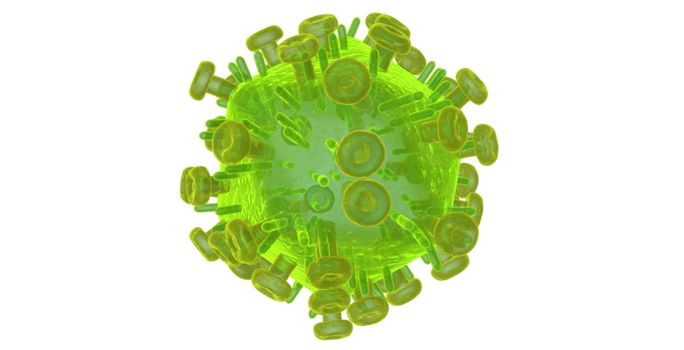
Host proteins can control HIV infection
The protein APOBEC3G contributes to spontaneous control of HIV-1 in vivo and may provide therapeutic benefits. Read MoreOct 5, 2012
-
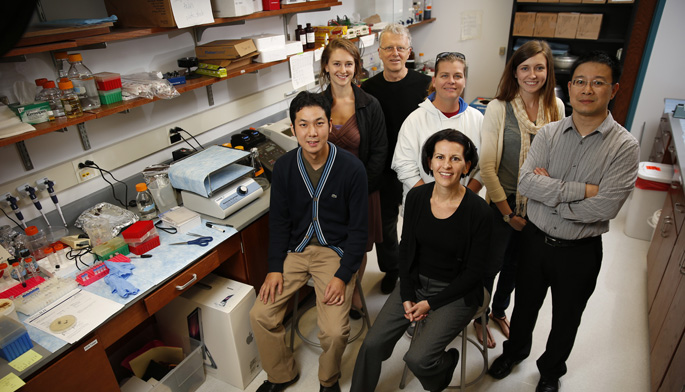
Proteins help flip tumor’s invasive switch
Vanderbilt investigators have identified how two key components of cancer's invasive "switch" — the series of signaling events that turn on a tumor cell’s invasive behavior — work together. Read MoreOct 4, 2012
-

Grant helps expand health care, education programs in Zambia
Vanderbilt University is dramatically expanding its health care and education activities in the southern African nation of Zambia. Read MoreOct 4, 2012
-

An orphan enzyme’s purpose
“Orphan” enzyme may play role in cancer growth, new research suggests. Read MoreOct 4, 2012
-

VU study shows no gender gap in sports concussions
A new study conducted to review symptoms and neurocognitive findings in male and female high school soccer players revealed no gender-related differences. Read MoreOct 2, 2012
-

Study ties early menopause to heart attack, stroke
Women who experience early menopause are more likely to have a heart attack or stroke than women whose menopause occurs at a later age, according to a new study by Melissa Wellons, M.D., assistant professor of Medicine in the Vanderbilt Division of Diabetes, Endocrinology and Metabolism. Read MoreSep 27, 2012
-

Grants help propel glaucoma, macular degeneration research
Three Vanderbilt University Medical Center faculty members have been awarded grants from the American Health Assistance Foundation to support their research on glaucoma and macular degeneration — the two leading causes of irreversible blindness in the world. Read MoreSep 27, 2012
-

Little Leaguer is a diabetes pro
Middle Tennessee’s latest celebrities are the 11-and-12-year-old Little League U.S. World Series Champions from Goodlettesville. But one young player already had quite a fan base built up at a Vanderbilt pediatric diabetes clinic, where he has been a patient most of his life. Luke Brown and his family are also… Read MoreSep 27, 2012
-
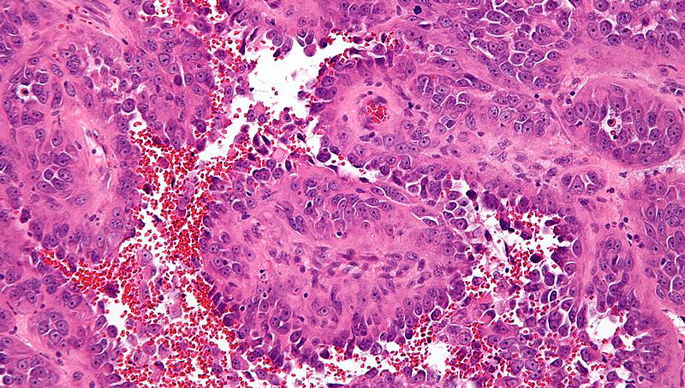
Target acquired for aggressive tumor
New therapeutic target for angiosarcoma – an aggressive, highly fatal tumor of the blood vessels – identified. Read MoreSep 27, 2012